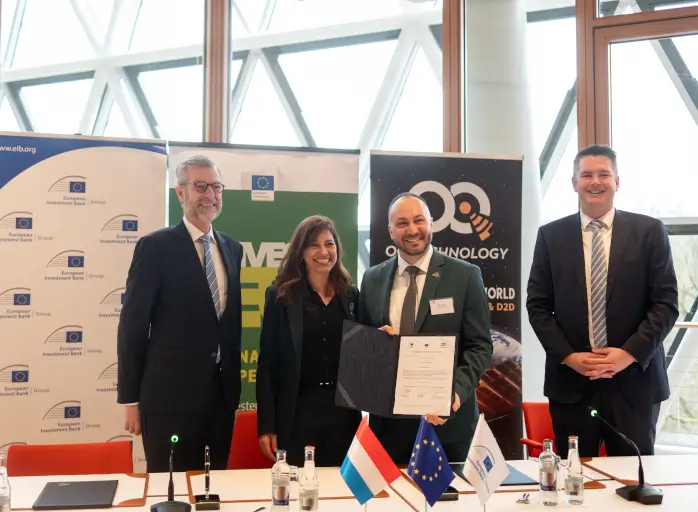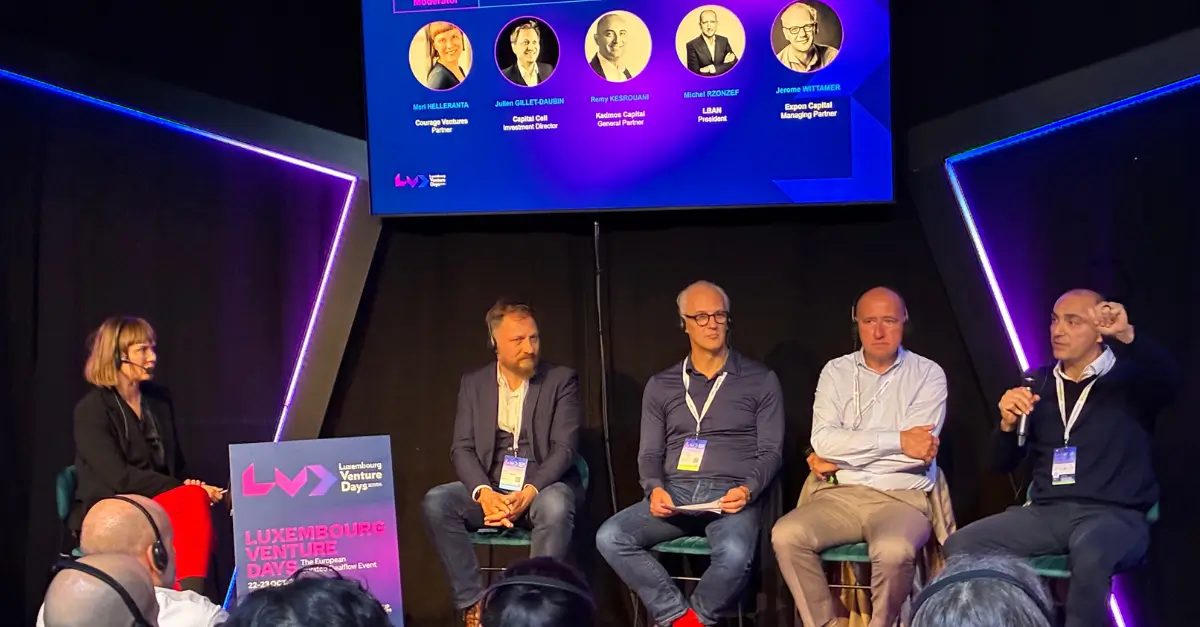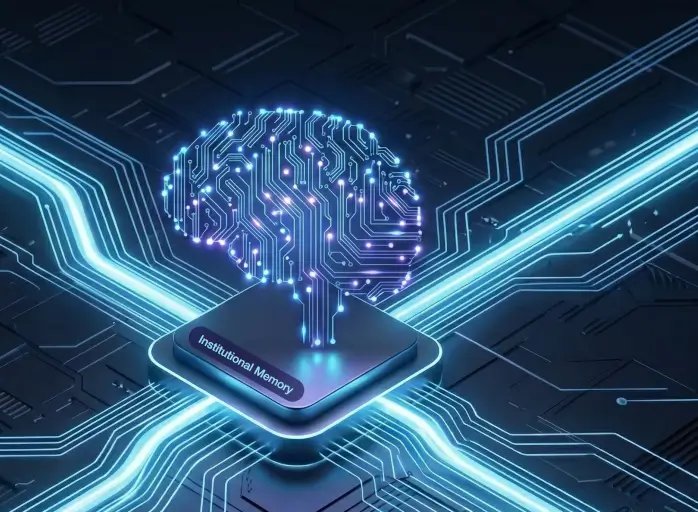

Structuring healthtech investments for sustainable growth
Financing healthtech startups comes with specific challenges. Experienced investors offer their best advice on how to build a cap table for long-term growth.
 Luxinnovation
Luxinnovation
The sealed door is unlocked, and the investigators enter the room. All the clues are there. They can see everything you have done and what resources you have consumed. They can discover who you have associated with when times were good – and when you were desperate. They can detect whether your decisions were based on strategy, or sheer despair.
Cap tables tell a story, especially in the health space.
Meri Helleranta, Courage Ventures
This is not a story about a crime scene, but about the cap table of a company, outlining its equity ownership and listing all shareholders, along with the types and quantities of securities they hold, and their percentage of ownership. “Cap tables tell a story, especially in the health space,” says Meri Helleranta, Partner of Courage Ventures which invests in early-stage digital health startups from the Nordics and the Baltics. “There are always interesting twists and turns.”
Cap table red flags for investors
Healthtech startups face a challenging situation: they have to deal with complicated regulatory processes, complex pathways to reimbursement and clinical tests that require huge amounts of time and resources. All of this impacts the cap table and the company’s ability to raise further capital.
So what aspects of a cap table discourage investors? The panellists of a session moderated by Ms Helleranta at the 2025 Luxembourg Venture Days – Julien Billet-Daubin, Investment Director at Capital Cell, Jérôme Wittamer, Managing Partner at Expon Capital, Michel Rzonzef, President of Luxembourg Business Angel Network, and Remy Kesrouani, General Partner of Kadmos Capital, who all have invested in Luxembourg healthtech companies – highlighted some of their red flags:
- Founders holding too small a stake of the company at a very early stage: If their stakes in the company are already low, they will have little to offer investors in later, more ambitious funding rounds.
- Too high valuation at an early stage, which will turn the search for capital later on into “a nightmare”. Founders must always consider the stages that will follow their current fundraising round.
- Founders who lack transparency or withhold key information: Broken communication and founders that show a lack of integrity can quickly put an end to what might have been a great deal.
- Early-stage investors that are not there for the good of the company: Sometimes, founders under pressure to secure funding accept whatever funds they can raise at that very moment, but this might have negative consequences later on. Relevant investors, joining the cap table at any stage, should target the future success of the company.
- Co-founders that still own a big part of the company but who have left it when it is time to raise new funds: This might be interpreted by investors as a bad sign, and in any case, it often leads to a loss of key expertise and know-how. The panellists underlined that VCs looking to invest “expect founders to hang around”.
Ensuring fair terms for all
As the company matures, founders need to think strategically once it is time for more investors to join the cap table. Too many investors make the cap table complex, and when bigger, institutional investors join, the balance of power shifts. It is important to make sure that the cap table is fair and that terms are acceptable for both existing and future investors.
If big investors come in with the wrong terms, what initially sounds like a blessing might turn out to be a curse.
Remy Kesrouani, Kadmos Capital
Healthtech startups also need to be strategic when inviting investors such as big corporates dominating the targeted market who will generally put their own interests before those of the startup. “It isn’t always easy to negotiate with these big players, but if they come in with the wrong terms such as exclusivity rights or the right to the first or the last look, what initially sounds like a blessing might turn out to be a curse,” Mr Kesrouani said. “What if they don’t pay you? What if they refuse to give up their exclusivity when you need to expand your client base? Founders need to maintain the flexibility needed to look for the next funding round.”
Such conflicts of interest need to be neutralised. Mr Wittamer pointed out that having two large corporates active in the same market segment on the cap table might equal things out. “Sometimes they are willing to accept less favourable conditions in order to avoid that their competitor gets the exclusivity that they want themselves.”
Investing in people
Navigating the complex landscape of financing a company in a way that fosters growth over time might seem daunting, especially to healthtech founders who often have a science rather than a business background and who started their company to capitalise on their research results. But Ms Helleranta does not see this as a major obstacle. “This might seem intimidating at the beginning, but at the end of the day, the business side of things is not rocket science. It’s the scientific founders that bring the unique expertise to the company,” she says. “They can either learn the rest themselves, or take on board a co-founder with business skills who can play the role of a CEO.”
For us, investing is a people business.
Jérôme Wittamer, Expon Capital
Her panellists also emphasised the importance for investors to look beyond financial aspects when taking investment decisions. “For us, investing is a people business,” stated Mr Wittamer. “Founders and investors need to spend quality time together to forge strong long-term relationships. They have to understand each other’s vulnerabilities and have very frank discussions to develop the best growth trajectory for the company.”
And a wrong turn does not necessarily mean the end of the journey. “We invest in people because we know that they can make something with nothing,” Mr Kesrouani said. “Nothing turns an investor off if you have the right people. The game is never over as long as you, as a founder, don’t want it to be over.”


